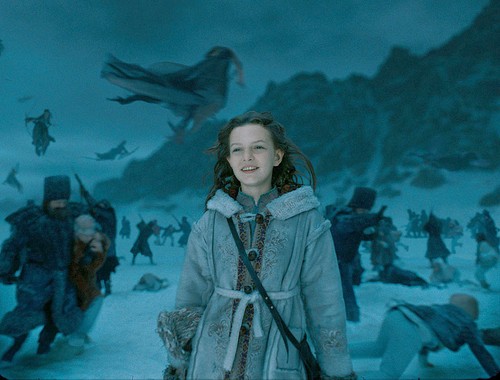Baby Einstein = Baby Couch Potato
Posted on December 16, 2007 at 8:39 am
The fastest-growing “audience” for media has been babies under age two. Even though the American Academy of Pediatrics recommends against them and all academic evidence has shown that it takes babies two to three times as long to learn something from television than it does to observe it in person, that they are at the same time soporific and stimulating, and that they interfere with direct interaction and development of self-soothing skills, they continue to be marketed with names like “Baby Einstein” and “Brainy Baby” to persuade parents (and grandparents and baby shower gift-givers) that these are good for children.
In 2006, The Campaign for a Commercial-Free Childhood filed a complaint with the Federal Trade Commission.
Companies such as Baby Einstein and Brainy Baby have capitalized on parents’ desires to give their very young children a leg up on learning and development by deceptively and falsely marketing their videos as educational and beneficial for infant development. For example, Baby Einstein claims that with its Baby da Vinci video, “your child will learn to identify her different body parts, and also discover her five senses… in Spanish, English, and French!” Brainy Baby claims that “the educational content of Brainy Baby can help give your child a learning advantage!”
These claims are deceptive and false in violation of the Federal Trade Commission Act. The claims are deceptive because no research or evidence exists to support Baby Einstein and Brainy Baby’s claims that their videos are educational or beneficial for very young children. In fact, preliminary research suggests that television is a poor tool for educating very young children. They are false because research indicates that television viewing by children under three negatively affects cognitive development. Furthermore television viewing has been linked to sleep irregularity in babies and obesity in preschoolers. Finally, experts are concerned that television may be harmful for infants and toddlers because it displaces brain stimulating activities with proven developmental benefits, such as interaction with parents and siblings and
creative play. Baby Einstein, Brainy Baby, and other infant-video producers’ claims influence consumer purchasing decisions and decisions about their infant’s media usage. These choices directly impact the health and safety of thousands of very young children and put them at risk for significant harm. For these reasons, the CCFC calls on the Commission to take prompt action to prevent consumers from being misled into purchasing infant videos and to protect thousands of infants and toddlers from the potential harms caused by early television viewing.
They were supported by the American Academy of Pediatrics, which has consistently recommended against any “screen time media” for babies under age 2.
Research on early brain development shows that babies and toddlers have a critical need for direct interactions with parents and other caregivers for healthy brain growth and the development of appropriate social, emotional, and cognitive skills. These infant videos are marketed under the guise of being educational. The company names alone, Brainy Baby and Baby Einstein, are proof of the marketing strategy. There is no current evidence to prove that these videos help infants and toddlers in an intellectual or developmental way. Parents should know that their babies will develop just fine without watching these videos.
The reality is that parents play the videos to give themselves some time to do other household chores, like cooking dinner or doing laundry. However, they shouldn’t be led to believe that it helps their baby.
Disappointingly, following some toning down of the advertising claims, the FTC ended its investigation. But the original (disproven) claims persist on the websites of retailers like Amazon. Beware.

